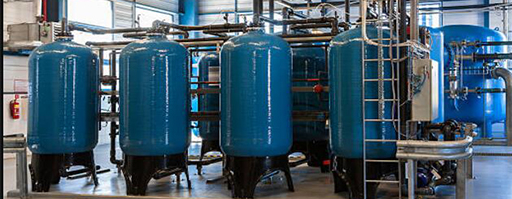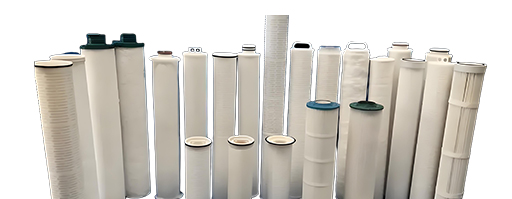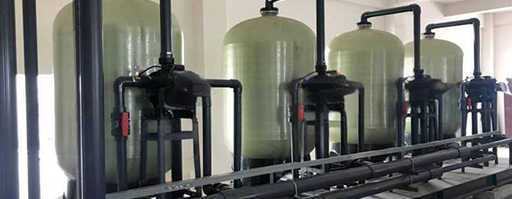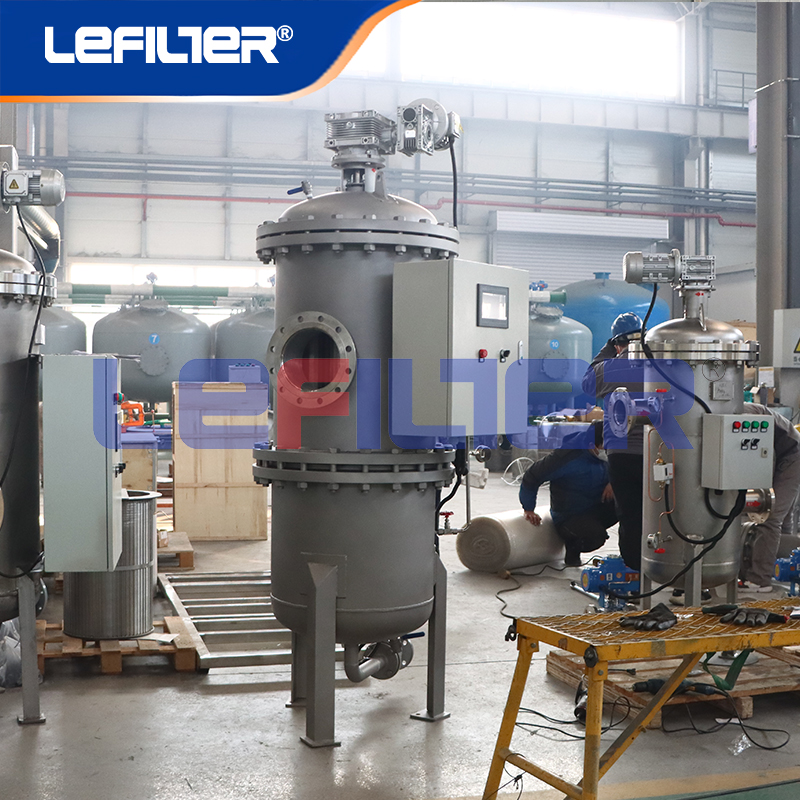Self-Cleaning Filtration Solutions Transform Textile Dyeing Water Treatment
Publication time:2025-06-30
Introduction
Xinxiang LEFILTER Filter Equipment Co., Ltd., with 16 years of specialized expertise in filtration solutions, is revolutionizing textile wastewater management through its advanced self-cleaning filter systems. Based in Henan Province, China, this vertically integrated manufacturer delivers cost-effective, high-performance filtration equipment specifically engineered to address the unique challenges of textile dyeing operations.
Addressing Critical Industry Challenges
Textile dyeing processes generate wastewater containing complex mixtures of synthetic fibers, dye residues, and chemical additives. Conventional filtration systems frequently encounter:
1. Rapid clogging from fibrous materials that reduce operational efficiency
2. High maintenance requirements leading to production downtime
3. Inconsistent filtration performance affecting dyeing quality
4. Excessive water consumption for cleaning cycles
5. Difficulty meeting tightening environmental regulations
LEFILTER's engineered solutions overcome these limitations through intelligent automation and robust design.
Advanced Filtration System Architecture
1. Multi-Stage Filtration Process
LEFILTER's textile-specific systems employ a sophisticated multi-stage approach:
Primary Filtration: Coarse stainless steel mesh (300-1000 micron) captures larger fibers and particulates
Secondary Refinement: Precision wedge-wire screens (50-500 micron) remove finer suspended solids
Optional Tertiary Treatment: UV disinfection modules for complete water purification
2. Intelligent Cleaning Mechanism
The system features smart cleaning activation through:
Real-time differential pressure monitoring (0.05-0.5MPa range)
Programmable time-based cycles
Manual override capability
The cleaning process utilizes less than 1% of total flow volume, significantly reducing water waste compared to traditional systems.

Technical Superiority for Textile Applications
1. Uninterrupted Production Capability
LEFILTER's parallel filtration column design enables continuous operation:
Individual modules undergo cleaning while others maintain filtration
Zero production downtime during maintenance cycles
Stable pressure and flow rates throughout operation
2. Enhanced Fiber Removal Efficiency
Specialized filter media configurations:
Anti-clogging wedge-wire screens for fibrous loads
316L stainless steel construction for chemical resistance
Customizable pore sizes (50-3000μm) for specific applications58
3. Energy and Resource Optimization
The systems demonstrate measurable sustainability benefits:
40-60% reduction in water consumption
Lower energy requirements through optimized hydraulics
Minimized chemical usage for cleaning
Reduced wastewater discharge volumes
Environmental Compliance and Sustainability Impact
Textile manufacturers implementing LEFILTER solutions achieve:
1. Water Reclamation: High-quality effluent suitable for process reuse
2. Reduced Chemical Discharge: Effective removal of dye residues and additives
3. Energy Efficiency: Optimized operation minimizes power consumption
4. Waste Minimization: Concentrated waste streams simplify disposal
Recent installations have demonstrated compliance with stringent international standards including:
EU BAT (Best Available Techniques) for textile industry
China's GB 4287-2012 discharge standards
Zero Liquid Discharge (ZLD) requirements
Customized Solutions for Diverse Textile Processes
LEFILTER engineers develop application-specific configurations for:
1. Yarn Preparation: Removing spinning oils and lubricants
2. Fabric Dyeing: Handling high particulate loads
3. Printing Operations: Filtering paste residues
4. Finishing Processes: Treating chemical-laden wastewater
Implementation Case Study: Large-Scale Denim Manufacturer
1. Client Profile:
Annual production capacity: 50 million meters
Daily wastewater volume: 8,000m³
Primary contaminants: Indigo dye residues, cotton fibers, chemical auxiliaries
2. Challenges:
Frequent filter clogging (every 90 minutes)
High water consumption (4.5m³ per kg fabric)
Non-compliance with local discharge limits
3. LEFILTER Solution:
Installation of LFQ-2000 dual-stage self-cleaning system
400 micron primary + 100 micron secondary filtration
Integrated UV disinfection module
4. Results:
85% reduction in maintenance interventions
35% decrease in water usage
Full compliance with discharge regulations
18-month return on investment
Competitive Advantages of LEFILTER Manufacturing
As a direct manufacturer, LEFILTER offers distinct benefits:
1. Cost Efficiency: Elimination of intermediary margins
2. Rapid Deployment: Standard systems ship within 15 working days
3. Custom Engineering: Tailored solutions for special requirements
4. Quality Assurance: ISO-certified production processes
5. Comprehensive Support: From design to after-sales service
Future-Oriented Filtration Technology
LEFILTER's R&D pipeline includes:
1. AI-Optimized Systems: Machine learning for predictive maintenance
2. Hybrid Membrane Solutions: Combining self-cleaning with advanced separation
3. Energy Recovery Modules: Harnessing hydraulic energy
4. Smart Materials: Enhanced durability for extreme conditions
Conclusion: Transforming Textile Water Management
In an era where water stewardship directly correlates with textile manufacturing competitiveness, LEFILTER's self-cleaning filtration systems provide manufacturers with reliable, cost-effective solutions for sustainable operations. By combining sixteen years of specialized experience with continuous innovation, LEFILTER enables textile producers to:
1. Enhance product quality through consistent water treatment
2. Reduce operational costs via efficient resource utilization
3. Meet evolving environmental regulations
4. Strengthen brand reputation through sustainable practices
For textile industry professionals seeking to future-proof their water management systems, LEFILTER offers the ideal combination of performance, reliability, and value—turning wastewater challenges into operational advantages.
Contact LEFILTER's technical team to schedule a consultation and discover how our self-cleaning filtration solutions can optimize your textile dyeing processes while reducing environmental impact. Visit our website or connect with our regional representatives for a customized system assessment.










